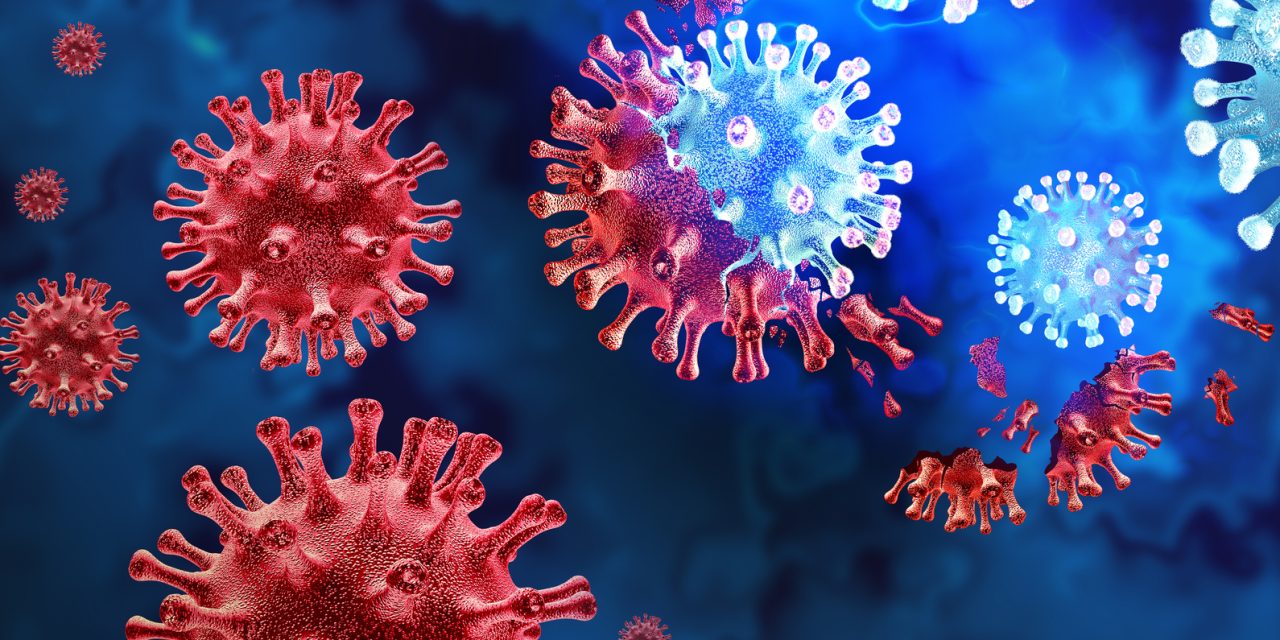Influenza virus exploits cellular factors to complete each step of viral replication. Yet, multiple host proteins actively block replication. Consequently, infection success depends on the relative speed and efficacy at which both the virus and host use their respective effectors. Post-translational modifications (PTMs) afford both the virus and the host means to readily adapt protein function without the need for new protein production. Here we use influenza virus to address concepts common to all viruses, reviewing how PTMs facilitate and thwart each step of the replication cycle. We also discuss advancements in proteomic methods that better characterize PTMs. Although some effectors and PTMs have clear pro- or antiviral functions, PTMs generally play regulatory roles to tune protein functions, levels, and localization. Synthesis of our current understanding reveals complex regulatory schemes where the effects of PTMs are time and context dependent as the virus and host battle to control infection. Expected final online publication date for the , Volume 7 is September 29, 2020. Please see http://www.annualreviews.org/page/journal/pubdates for revised estimates.
Post-Translation Regulation of Influenza Virus Replication.


